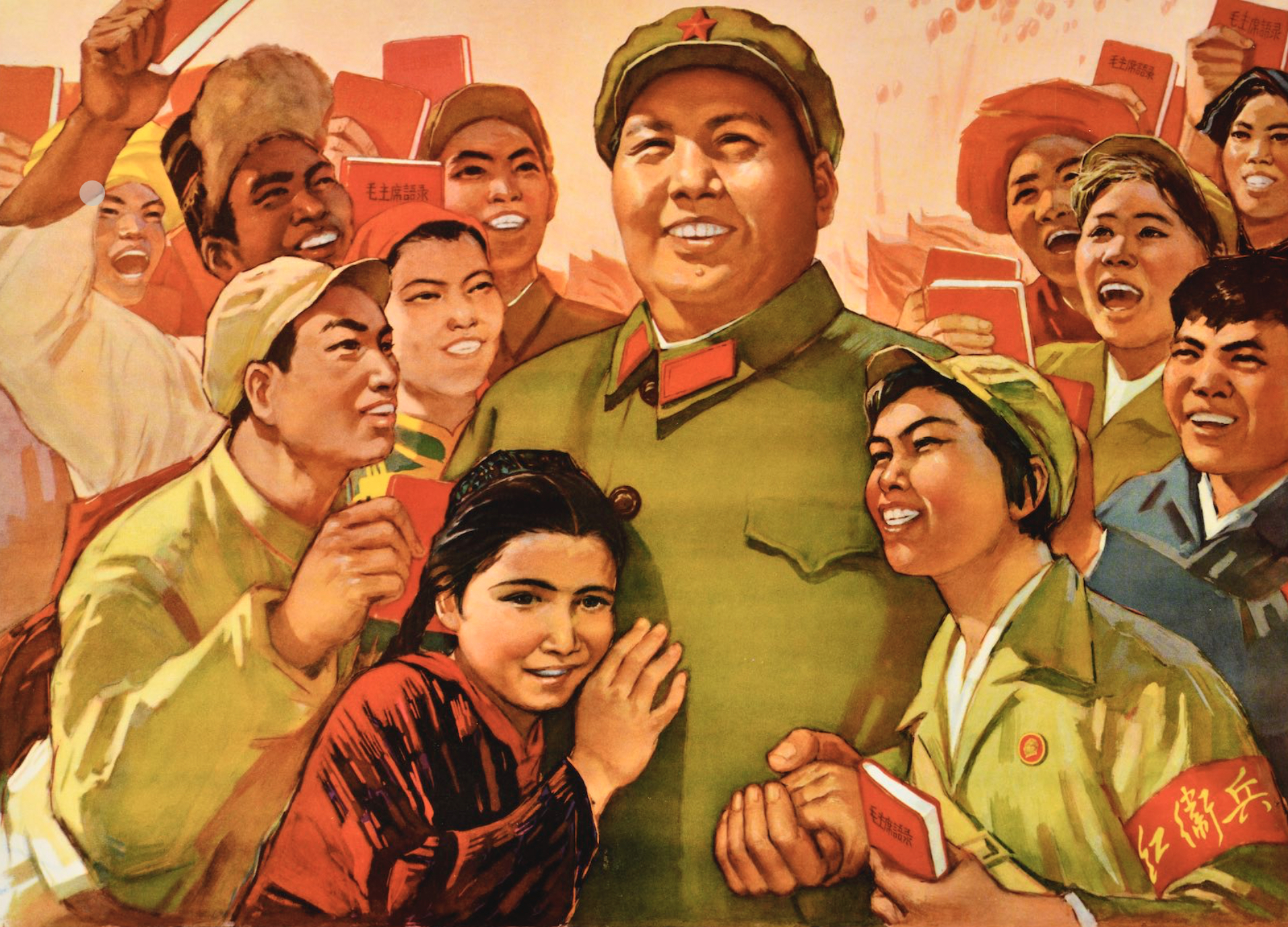Indoctrinating the Future: An Introduction to Children as Agents of Revolution in 20th Century Authoritarian Regimes
by Donavon L Riley
The 20th century was marked by the rise of authoritarian regimes across the planet, each employing distinct methods to consolidate power and reshape their societies. A recurring, and often chilling, feature of these regimes was their manipulation of education and propaganda systems to indoctrinate children. By targeting the youngest members of society, these regimes aimed to undermine established traditions, values, and beliefs, paving the way for the establishment of new authoritarian orders. What follows is an exploration of how various 20th-century regimes harnessed the potential of education and propaganda to indoctrinate children, thereby dismantling existing norms and facilitating the ascent of authoritarian rule.
The Power of Education as a Tool for Indoctrination
The 20th century, more-so than previous centuries, witnessed a radical paradigm shift in the understanding of education as government-funded, compulsory schooling became the norm in numerous countries. To this end, totalitarian regimes recognized that the molding of young minds was a powerful instrument for the realization of their ideologies. In Nazi Germany, the Hitler Youth movement became a pivotal tool for indoctrination. German children were subjected to a curriculum that promoted Aryan supremacy, anti-Semitism, and unwavering loyalty to Adolf Hitler. The state controlled textbooks, shaping the narrative to reflect Nazi values and goals. The indoctrination process began at an early age, ensuring that Hitler’s ideology permeated every facet of a child’s life. This totalitarian grip on education was equally evident in Soviet Russia, where the state implemented a strict curriculum that propagated communist ideals and venerated leaders like Lenin and Stalin.
Shaping Young Ideologies
To cement their control, authoritarian regimes sought to shape the ideologies of young minds, instilling unwavering loyalty to the state. In the Soviet Union, the Young Pioneers program played a critical role in this endeavor. Youngsters were encouraged to denounce their own parents if they expressed anti-communist sentiments, a chilling testament to the extent of indoctrination. Similarly, during China’s Cultural Revolution, the Red Guards, comprised primarily of students and young adults, zealously enforced Mao Zedong’s vision. They denounced traditional values, targeted intellectuals, and actively participated in the violent suppression of dissent.
The charismatic leaders of these regimes were often instrumental in inspiring devotion among the youth. In Nazi Germany, Hitler’s magnetic charisma and oratory skills captured the hearts and minds of young Germans, turning them into fervent supporters of the Nazi cause. Likewise, Mao’s cult of personality in China led to the veneration of the Great Helmsman by the Red Guards. Such charismatic leadership further solidified the indoctrination of children.
Undermining Traditional Values and Beliefs
Authoritarian regimes aimed to dismantle established traditions and belief systems that might challenge their authority. In Maoist China, the Cultural Revolution explicitly targeted Confucian values, deeming them counter-revolutionary. Ancient traditions and customs were replaced by Mao’s Little Red Book, and traditional artifacts were destroyed. Similarly, the Soviet Union sought to suppress religious beliefs, considering them a threat to communist ideology. Churches and synagogues were closed, religious practices were discouraged, and religious leaders were often persecuted or silenced altogether.
Ultimately, there were no limits to which authoritarian regimes were not willing to go to erase contradictory beliefs, traditional moral values, and replace them with their own ideologies.
Forging a New Authoritarian Order
The ultimate aim of these regimes was the establishment of new authoritarian orders. The indoctrinated youth played an active role in this endeavor. In Nazi Germany, the Hitler Youth not only served as a means of indoctrination but also as a paramilitary force. Many former members later became loyal soldiers in the Nazi war machine. In China, the Red Guards were instrumental in purging perceived enemies of the state. Their actions not only led to the humiliation and persecution of countless individuals through “shame sessions” but also created an atmosphere of fear and conformity. So the willingness of these indoctrinated youth to carry out the regime’s directives underscores the effectiveness of this strategy in consolidating power.
The Long-Term Effects and Legacy
The indoctrination of children in the 20th century had lasting consequences. Societies that endured these regimes faced profound challenges in the post-authoritarian era. In Germany, for example, the deep scars left by Nazi indoctrination prompted a concerted effort to educate future generations about the horrors of the past. In China, the traumatic experiences of the Cultural Revolution left a legacy of fear and mistrust that still persists today.
Furthermore, the manipulation of young minds had a profound impact on generational attitudes. Children who grew up under these regimes often internalized the beliefs and values instilled in them, affecting their worldview even in adulthood. This legacy continues to shape political and social dynamics in many countries today.
The 20th century bore witness to a dark and pervasive phenomenon – the indoctrination of children by authoritarian regimes to undermine established traditions and values in their quest for power. The cases of Nazi Germany, the Soviet Union, and Maoist China illustrate the chilling extent to which these regimes were willing to manipulate education and propaganda to shape young minds, and the horrific consequences as hundreds of millions of accused dissenters were summarily persecuted and murdered.
The legacy of this indoctrination continues to reverberate in the societies that experienced it. Understanding the tactics employed by these regimes is not only a historical imperative but also a cautionary tale for all of us, for the present and future. It reminds us of the enduring power of education and propaganda, and the importance of safeguarding the autonomy of young minds, especially protecting them from governments that seek to educate children without strict checks and balances applied to their authority and influence, to prevent the rise of authoritarianism in any age.

